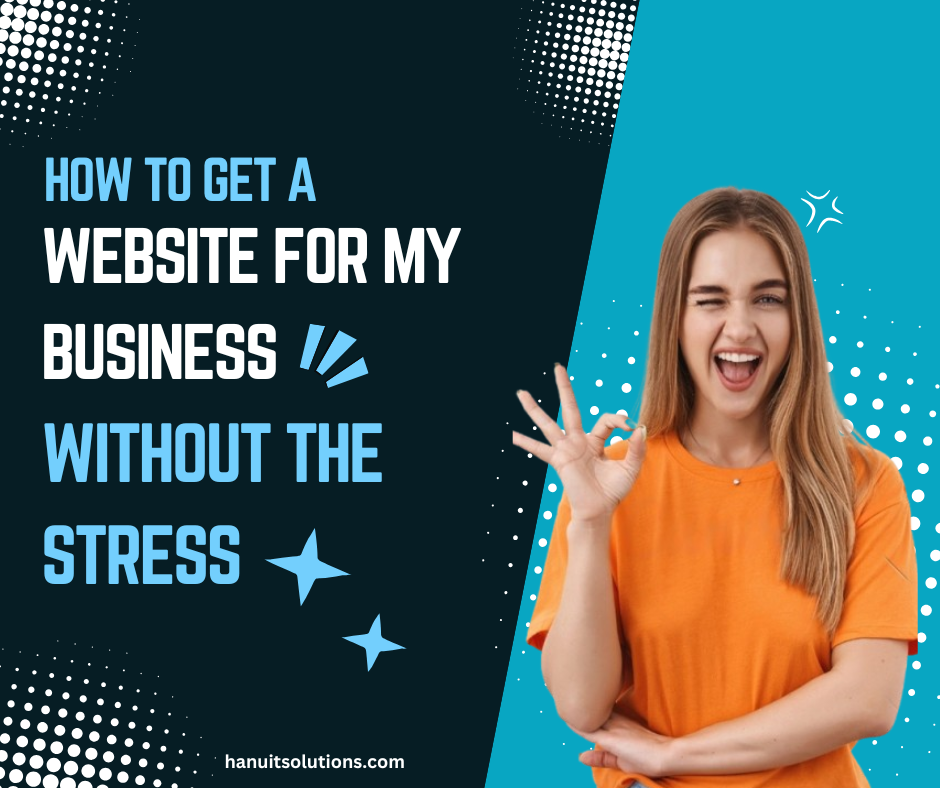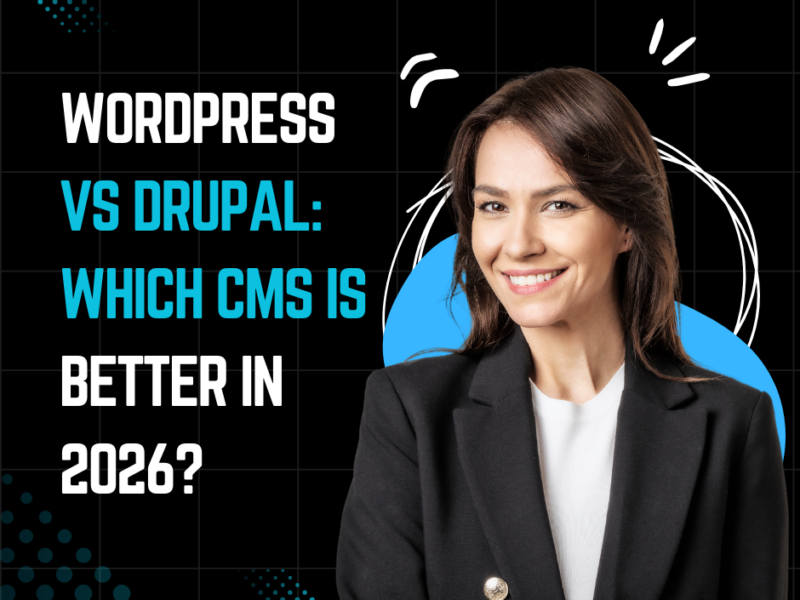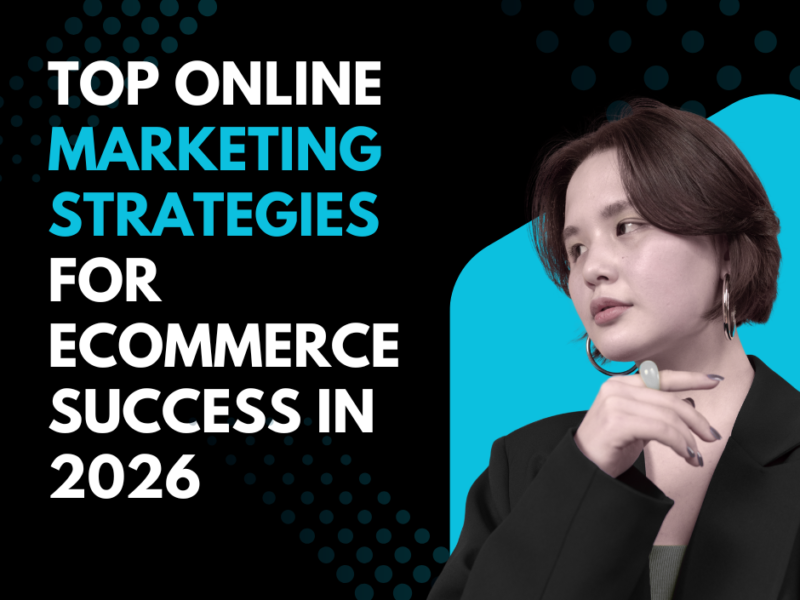How to Get a Website for My Business Without the Stress
Website for your business is no longer optional; it’s essential. Whether you’re a small startup or an established enterprise, your online presence can be pivotal in driving sales, building brand recognition, and engaging with customers. However, the process of getting a website for your business can seem overwhelming. Between selecting a domain, choosing a hosting provider, and figuring out the design, it’s easy to feel stressed. The good news is that with the right guidance, you can get a website for your business without the stress. Here’s how.
1. Understand Your Needs and Goals
Before you even begin the technical process of getting a website for your business, it’s important to know what you want from your site. A website for your business isn’t just an online brochure; it’s a powerful tool for growth. To get started, answer the following questions:
- What is the primary goal of your website? Are you focusing on e-commerce, lead generation, or brand awareness?
- Who is your target audience, and what type of experience do you want them to have on your site?
- What features do you need? Do you require a blog, an online store, booking functionality, or a contact form?
Understanding your goals will not only help clarify your vision but also allow you to communicate more effectively with developers or designers, should you choose to hire someone.
2. Choose the Right Website Platform
Once you’ve defined your goals, it’s time to choose the right platform for building your site. There are numerous options out there, each with its own advantages and disadvantages. The key is to select one that aligns with your business needs.
For instance, WordPress is one of the most popular platforms because of its flexibility and scalability. It’s perfect if you want to start small but grow your site over time. Wix and Squarespace are other great options for small businesses and entrepreneurs who want to create a visually appealing website without diving too deep into technicalities.
For e-commerce businesses, Shopify is an excellent choice, providing a wide range of tools and templates designed for online stores.
By selecting the right platform, you can avoid unnecessary complications down the line. A website for your business doesn’t have to be difficult to build, as long as you choose the platform that matches your needs.
3. Simplify the Design Process
One of the most common sources of stress when building a website is the design process. With so many options available, it can be easy to feel overwhelmed by all the choices. The good news is, you don’t need a complex, custom-designed site to succeed. You can get a website for your business without the stress of hiring an expensive designer by using templates and pre-built themes.
Most website platforms (such as WordPress, Wix, and Squarespace) offer an array of templates designed for various industries. These templates are customizable, meaning you can make adjustments to suit your brand without starting from scratch.
Focus on simplicity and user-friendliness. Your website should be easy to navigate, mobile-friendly, and fast-loading. A clean, minimal design often works best, especially for small businesses looking to convey professionalism and ease of use.
4. Get Professional Help When Needed
While DIY website builders make it easy to create your site without technical knowledge, there may come a time when you need professional help. Whether you’re struggling with a specific feature or want a custom design, it’s okay to seek assistance.
Hiring a freelancer or a web development agency might sound intimidating, but the key is to find someone who understands your business goals and can execute them within your budget. To reduce stress, set clear expectations upfront, and keep communication lines open throughout the process.
A skilled web designer can help you create a site that reflects your business’s identity and stands out from the competition. And if you’re looking to scale your business, working with a professional can ensure your site is optimized for growth.
5. Optimize Your Website for Search Engines
A website is only valuable if people can find it. That’s where search engine optimization (SEO) comes in. When building your website, make sure to integrate SEO practices from the start. This will ensure that your site ranks well on search engines like Google, making it easier for potential customers to discover your business.
Here are a few basic SEO tips to follow:
- Use relevant keywords in your content (without overstuffing).
- Include alt text for images.
- Ensure that your website is mobile-friendly.
- Use a clean URL structure with relevant keywords.
- Create quality, informative content that answers your audience’s questions.
Optimizing your website for SEO doesn’t have to be stressful. Many website builders and platforms offer built-in SEO tools to help you. If you’re unsure, there are plenty of guides and tutorials available online to help you improve your site’s visibility.
Also read: Website Design and Hosting: Finding the Right Provider
6. Make Sure Your Website is Secure and Reliable
Security is a critical consideration when creating a website for your business. An insecure website can damage your reputation and put your business at risk. To protect your site and customer data, make sure you:
- Install an SSL certificate, which ensures that data transmitted between your site and users is encrypted.
- Keep your platform, plugins, and themes updated to protect against security vulnerabilities.
- Regularly back up your website data.
By taking these simple security measures, you can ensure that your website is safe, secure, and reliable for visitors, further reducing any stress related to maintaining your site.
7. Test and Launch Your Website
Once your website is built, it’s time to test it before going live. This is an important step that many people skip, but it’s essential to ensure everything is working smoothly. Test all links, buttons, forms, and any other interactive elements to make sure they function as expected.
Make sure your website is compatible with different devices and browsers. You don’t want potential customers to have trouble viewing your site on their mobile phones or tablets.
Finally, when you’re happy with the website, it’s time to launch. Announce the launch on your social media channels, through email newsletters, and other marketing channels to drive traffic to your new site.
FAQ
How much does it cost to get a website for my business?
The cost of getting a website for your business varies depending on your needs. If you’re using a DIY platform like Wix or WordPress, you can get started for as little as $10–$30 per month. However, if you hire a professional web designer or developer, costs can range from $500 to $5,000 or more, depending on the complexity of your site.
How long does it take to get a website for my business?
The timeline can vary based on the complexity of your website and whether you’re using a DIY platform or hiring a professional. On average, it can take anywhere from a few days to a few weeks to get a basic site up and running.
Do I need to know coding to get a website for my business?
No, most modern website builders (like Wix, WordPress, and Squarespace) allow you to create a website without any coding knowledge. However, if you want more customization or a complex site, having some coding knowledge or hiring a developer can help.
How can I ensure my website is secure?
To secure your website, make sure you use an SSL certificate, keep your platform and plugins up to date, use strong passwords, and regularly back up your website.
Conclusion
Getting a website for your business doesn’t have to be a stressful experience. By understanding your goals, choosing the right platform, simplifying the design process, and seeking professional help when needed, you can create a website that meets your needs without the headaches. Remember to focus on simplicity, security, and SEO, and your business will have a solid foundation for success in the digital world. With the right approach, a website for your business is not just an online presence—it’s a powerful tool that can propel your business to new heights.








